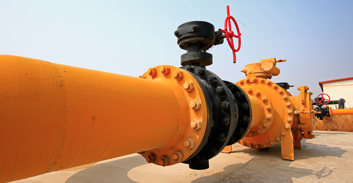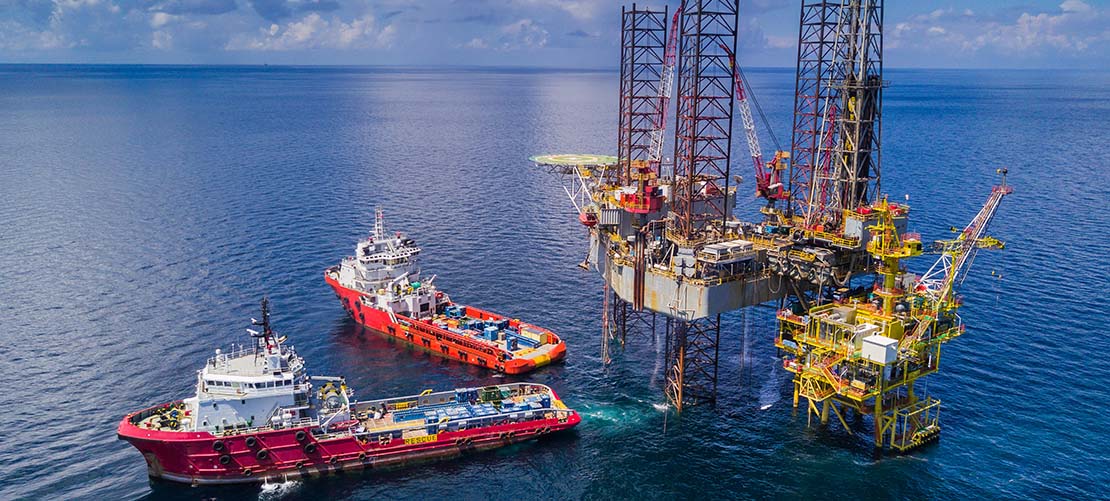
MCA's new rules for remotely operated unmanned vessels come into force

On 13 December 2023, the Workboat Code Edition 3 ("Edition 3") came into force.
While those in the workboat sector had long awaited its publication, Edition 3 is particularly significant for those involved in the autonomous vessel sector. Edition 3 includes a standalone annex which, for the first time, specifically addresses the functional limitations and additional requirements for operating remotely operated unmanned vessels ("ROUVs"). Although Edition 3 applies to commercial workboats that operate at sea, we will only focus on Annex 2 and ROUVs for the purposes of this article.
This is the UK's Maritime & Coastguard Agency's (the "MCA") first attempt to legislate for ROUVs. From 13 December 2023, unless a ROUV complies with equivalent standards in other legislation (such as the Merchant Shipping (Load Line) Regulations 1998), it will need to meet the requirements in Annex 2 in addition to the relevant sections of Edition 3.
It is important to note that compliance with Edition 3 does not remove the need for ROUVs to comply with any relevant bylaws made by either the local/navigation authority or the port/harbour authority for the area in which the ROUV will operate.
Background to Edition 3
Edition 3's predecessor, the Workboat Code Edition 2 Amendment 1, was published on 31 December 2018 in accordance with the Merchant Shipping (Small Workboats and Pilot Boats) Regulations 1998 (the "1998 Regulations").
On 6 October 2022, the MCA began the process of replacing Edition 2 Amendment 1 and the 1998 Regulations by launching a public consultation on their proposed draft replacements. The consultation ran until 29 December 2022. The draft Edition 3 attracted a lot of publicity from industry stakeholders during its consultation and it was regarded as controversial by many. The MCA received comments from 63 individuals and organisations and it published its responses to the consultation on 4 May 2023.
On 27 November 2023, the MCA published Edition 3 and The Merchant Shipping (Small Workboats and Pilot Boats) Regulations 2023 (the "2023 Regulations"). Edition 3 and the 2023 Regulations, respectively, replace and revoke the Workboat Code Edition 2 and the 1998 Regulations.
When does Annex 2 apply?
Annex 2 applies to ROUVs.
ROUVs are defined as vessels with no persons on board, that are operated from a location remote to the vessel. Annex 2 will therefore apply to ROUVs that are:
- operating as workboats; and
- under 24 metres in load line length; and
- UK flagged; or
- non-UK flagged, but operating in UK Waters.
Edition 3 also applies to 'Remote Operation Centres' ("ROCs"). A ROC is either a shore-based location which is permanent or mobile or a manned vessel from which a ROUV is operated.
Additionally, Edition 3 defines 'Remote Operators' as any person including the Master, with recognised or certifiable experience who is engaged in the remote operation of a ROUV.
What does Annex 2 cover?
Unless there is an exemption, exception or equivalence, ROUVs must comply with all of Annex 2 as well as the applicable sections of Edition 3. Annex 2 is detailed in its requirements, running to almost 40 pages.
Notably, under Annex 2, ROUVs are not permitted to tow another vessel or object. However, towing for survey equipment purposes may be permitted by the ROUV's "Government of the State whose flag the ROUV is entitled to fly".
A ROUV under Annex 2 is also not permitted to be fitted with a lifting device unless necessary for survey equipment and the device is permitted by the "Government of the State whose flag the ROUV is entitled to fly".
Annex 2 also clearly sets out the requirements in relation to logbooks, working logs and voyage data recording.
The other major topics expressly covered are:
- bilge pumping, fire appliances and alarms;
- connectivity, pre-departure checks and responding to distress;
- navigational and anchoring equipment;
- personnel health, safety and medical care;
- remote Control of Remotely Operated Vessels; and
- safety management systems and contingency measures.
What is missing from Annex 2?
As is to be expected with any first attempt at legislating for a new technology, stakeholders will wish that Annex 2 went further with respect to certain issues. Namely:
Smaller/mini-MASS
Many UK-based operators have concluded that it is a missed opportunity by the MCA to not deal with smaller ROUVs. Some categorise such ROUVs (under circa five metres) as so called "mini-MASS". Despite many comments regarding smaller ROUVs during the consultation, Annex 2 does not provide for a separate legislative regime for smaller ROUVs.
Annex 2 (and Edition 3 more broadly) does though provide that certain rules do not apply where compliance is impractical due to the size of the vessel. This means that operators of smaller ROUVs may, as some had hoped, benefit from exemptions from certain Edition 3 requirements. In practice, operators of smaller ROUVs will most likely have to apply for certification through the alternative routes currently available, namely MGN 664 (M&F) Amendment 1 or a UK Load Line Exemption Certificate.
However, the MCA has already confirmed that it has started working on a separate legislative regime for smaller ROUVs. There is no timeline on this yet.
Underwater vessels
Annex 2 expressly does not apply to underwater autonomous vessels. Although these comprise a growing portion of the sector, we would arguably not necessarily expect Edition 3, a code applying to workboats, to be the place to deal with these.
Conclusions
The MCA's achievement in successfully publishing Edition 3 is not to be understated or overlooked. It is clear that considerable work has gone into producing Edition 3 and everyone who assisted throughout the process should be applauded for their efforts. Importantly, the changes undertaken by the MCA after the consultation phase are notable and generally have been welcomed by users of Edition 3.
The publication of Annex 2 provides much needed clarity on the UK's approach to the operation of autonomous vessels. That said, the MCA has made it clear that Annex 2 is a starting point; given autonomous technology is developing so quickly, amendments to Edition 3 and Annex 2 are to be expected. The MCA will therefore need to strike the difficult balance, between both keeping up with the autonomous sector's technological developments, while at the same time allowing sufficient time to identify any necessary amendments. This balance will ensure that the regulations support (and do not prevent) the growth of this sector.
Looking into the future, many UK owners and operators will welcome a future smaller ROUV legislative regime. However, given the time taken to finalise Edition 3, this will not be a quick process.
Ultimately, the success of Annex 2 will only be measurable when owners and operators are successful in applying it. This will only become evident in due course.
Overall, we agree with Kerrie Forster from the Workboat Association who stated that "The Code is regulation now, so we need to keep our chins up, learn together, help each other, and go about putting the new code into implementation the best we can.”
Edition 3 can be found here. The 2023 Regulations can be found here.
We advise on all aspects of marine autonomy, including advising autonomous vessel owners / operators on regulatory matters. Please do not hesitate to contact us if you have any questions on Annex 2 or the 2023 Regulations.
Disclaimer
Information contained in this document is for general information only. It is not intended to provide legal advice.



